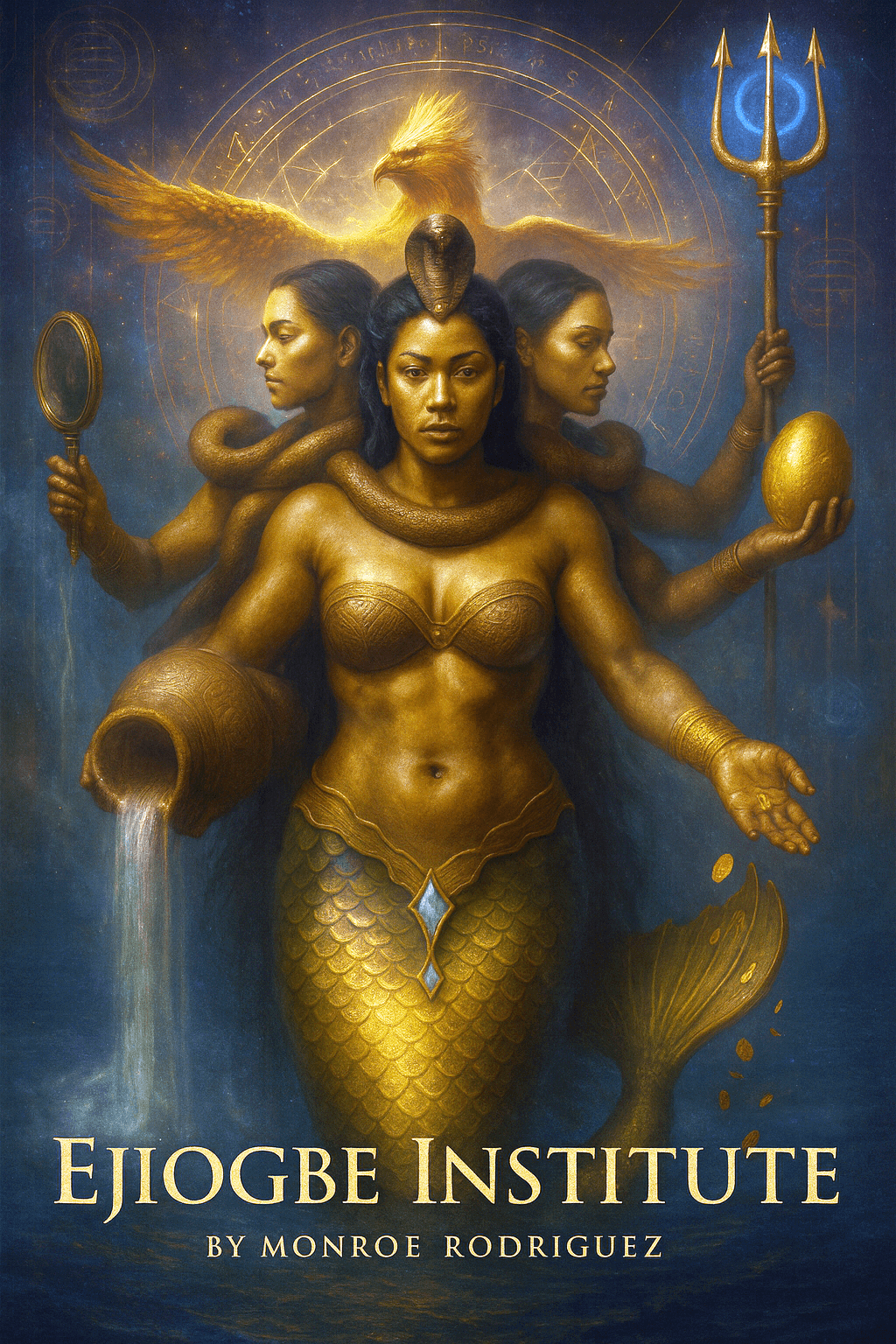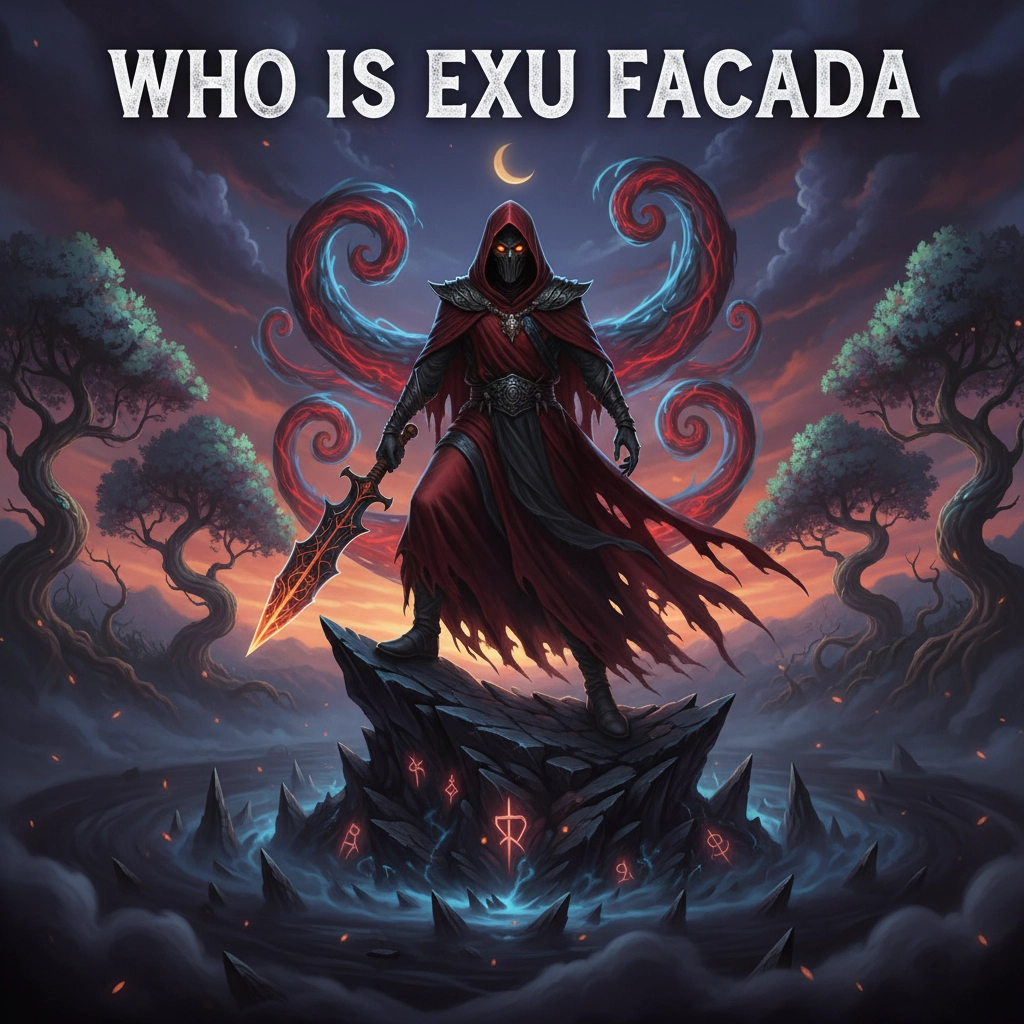What transforms a man marked by violence into a guardian of justice? How does betrayal become the very foundation of protection for others who suffer? In the rich tapestry of Afro-Brazilian spiritual traditions, few entities embody this profound transformation quite like Exu Sete Facadas: known simply as Exu Facada to many practitioners.
This isn't just another story about spiritual entities. This is about understanding how pain becomes purpose, how wounds become wisdom, and how death can mark the beginning of a more powerful existence dedicated to justice and protection.
The Man Behind the Seven Wounds
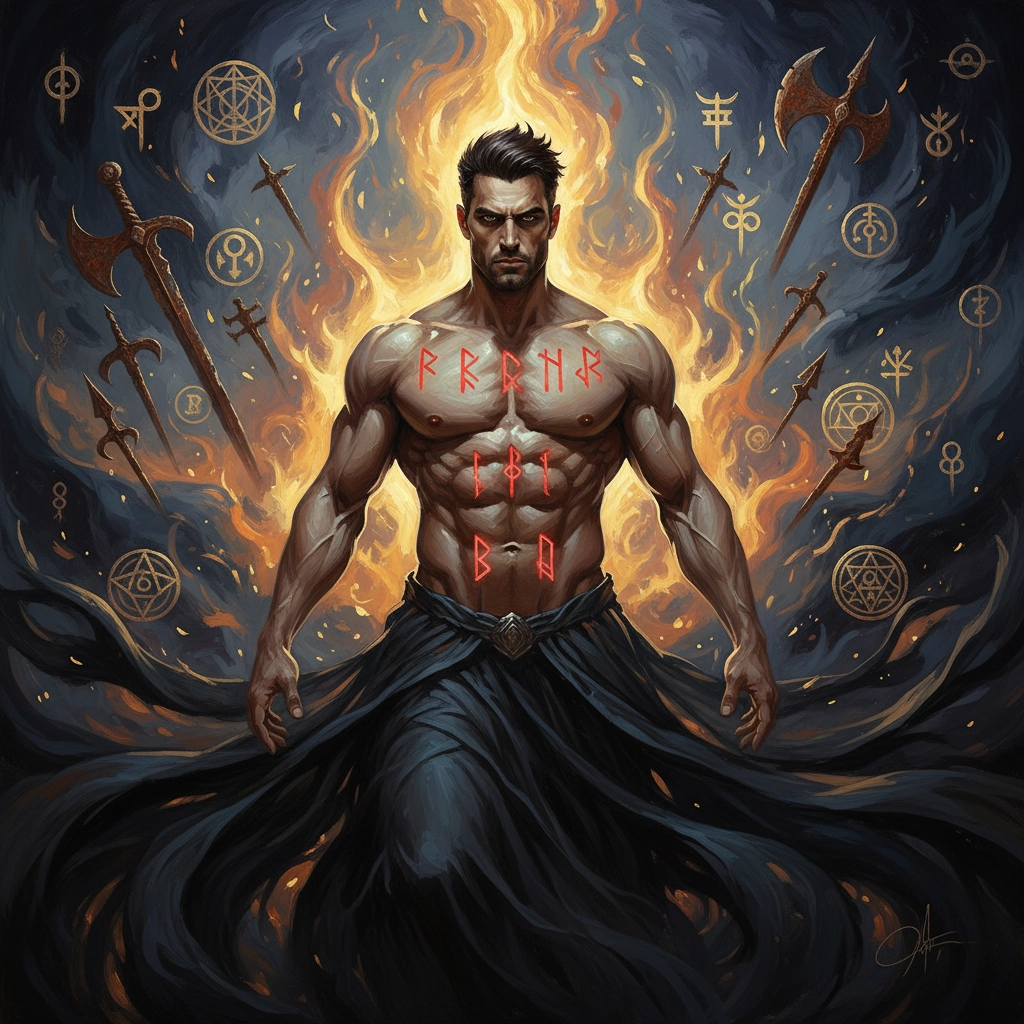
Exu Sete Facadas, literally meaning "Seven Stabs Exu," carries within his very name the story of his transformation. Before becoming the powerful guardian spirit revered in Quimbanda and Umbanda traditions, he walked this earth as a man of extraordinary courage and intensity. His life burned bright with passion, conviction, and an unwavering commitment to standing up for what he believed was right.
But courage, as history teaches us, often comes with a price. The seven stab wounds that ended his physical existence weren't just random acts of violence: they were the result of betrayal, the consequence of standing too firmly against injustice, the price paid for refusing to bow to corruption or cruelty.
Many people believe that violent death diminishes a person's power. In the case of Exu Sete Facadas, the opposite occurred. Those seven wounds didn't mark his defeat; they marked his transformation into something far more powerful than he ever was in life. Where once walked a courageous man, now stands an entity capable of traversing both shadow and light, offering protection to those who face the very betrayals and injustices he himself experienced.
From Betrayal to Guardian: The Spiritual Transformation
The moment those seven blades found their mark, something extraordinary happened. Death, which should have been the end of the story, became instead the beginning of a new chapter: one written in the spiritual realm where Exu Sete Facadas emerged not as a victim, but as a powerful guardian spirit.
This transformation places him firmly within the legion of Exu spirits that work in Quimbanda and Umbanda, Afro-Brazilian religious traditions that understand the complex relationship between life, death, and spiritual power. Unlike many Western spiritual concepts that fear or shy away from entities connected to violence or death, these traditions recognize that sometimes the most powerful protectors are those who have walked through the valley of betrayal and emerged transformed.
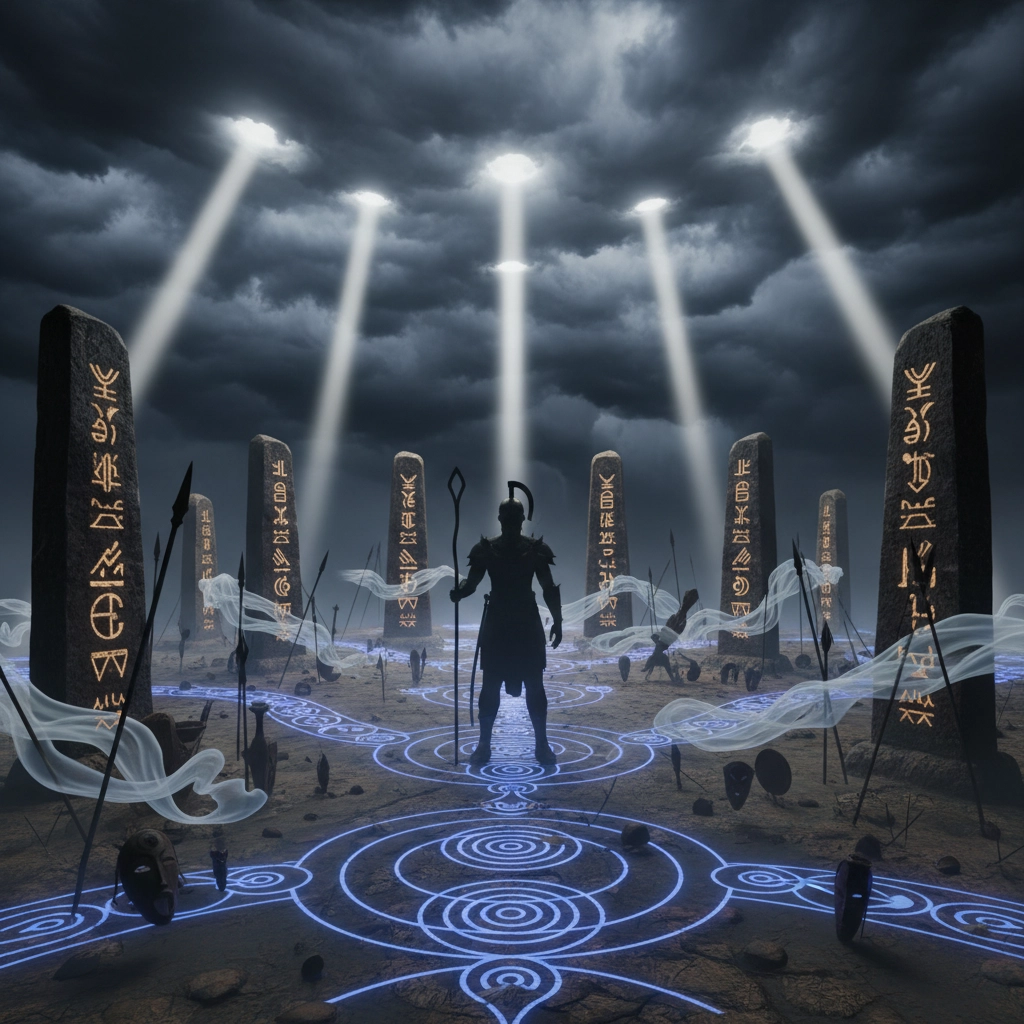
Exu Sete Facadas operates under the regency of Orixá Ogum, the warrior deity associated with iron, justice, and protection. This connection isn't coincidental: it reflects his role as a spiritual warrior, someone who fights battles in the spiritual realm on behalf of those who cannot fight for themselves. In some spiritual houses, he may also work under Xangô (associated with justice and law) or Oxossi (connected to knowledge and hunting), demonstrating his versatility and the breadth of his spiritual influence.
The Direct Path: How Exu Facada Works
What sets Exu Sete Facadas apart from many other spiritual entities is his directness. This isn't a spirit who speaks in riddles or requires elaborate ceremonies to make his presence known. He operates with the same intensity and conviction that marked his human life, cutting through spiritual interference and obstacles with the precision of those seven blades that once ended his earthly existence.
People who work with Exu Facada often describe encounters that feel immediate and powerful. There's no gentle whispering here: this is a spirit who speaks in clear terms, offers direct assistance, and expects the same honesty and courage from those who seek his help that he demonstrated in life.
His specialization lies in working with individuals who have suffered betrayal, humiliation, or injustice. Those who have been stabbed in the back: metaphorically or literally: find in him a kindred spirit who understands the particular pain of being wounded by those they trusted. He doesn't just offer comfort; he offers empowerment, teaching that wounds don't have to define us but can instead transform us into sources of wisdom and strength for others.
The Shadow and Light Worker
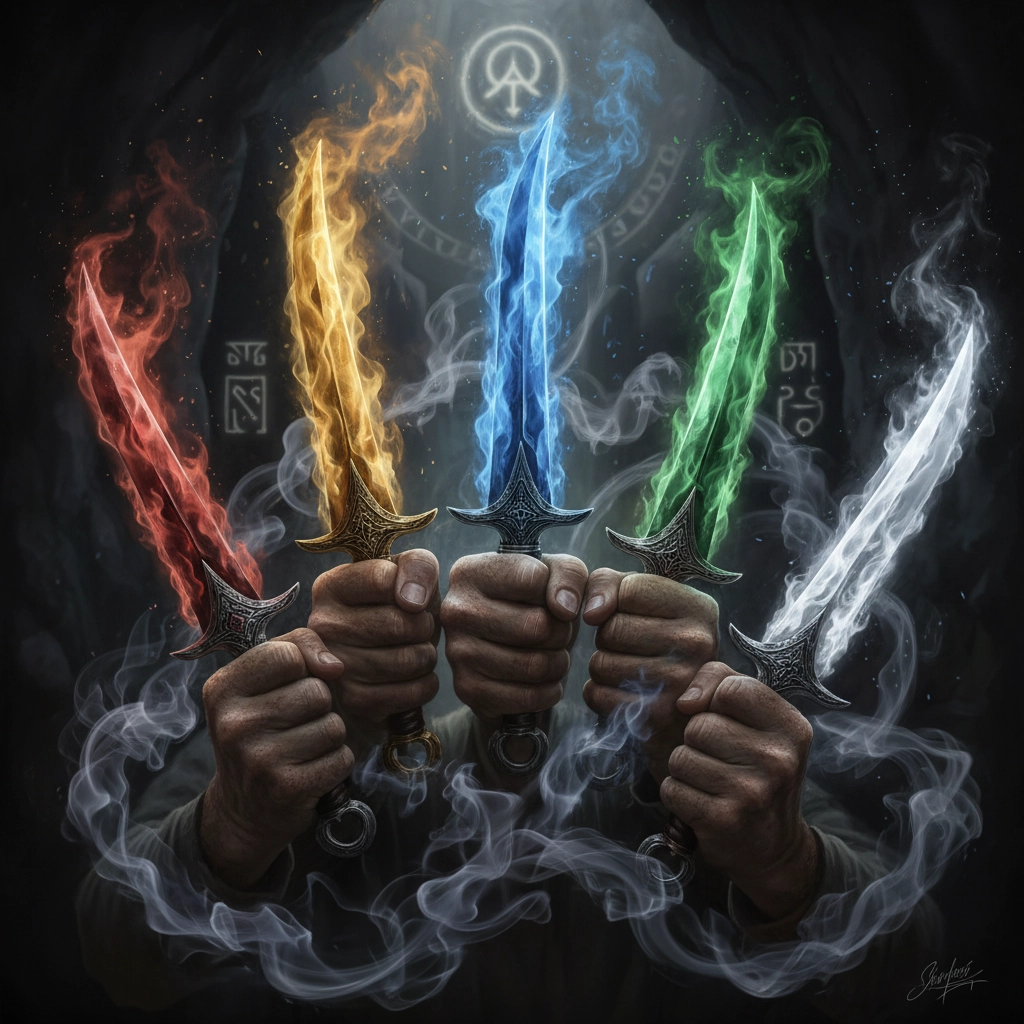
One of the most fascinating aspects of Exu Sete Facadas is his ability to work in both shadow and light. While some spiritual traditions create strict divisions between "light" and "dark" work, Exu Facada operates from the understanding that true justice sometimes requires walking in places that others fear to tread.
This doesn't make him malevolent or dangerous to those who approach him with respect and genuine need. Instead, it makes him incredibly effective at dealing with situations that require spiritual intervention in complex, messy human affairs: the kind of situations where simple prayers and positive thinking aren't enough.
He's particularly known for his work in cases involving:
- Betrayal in relationships or business partnerships
- Situations where someone has been unjustly treated or maligned
- Protection for those who stand up against corruption or abuse
- Helping people reclaim their power after being victimized
- Clearing spiritual obstacles that prevent justice from manifesting
His approach combines the knowledge associated with Oxossi (he sees the truth of situations clearly), the justice aspect of Ogum (he fights for what's right), and the authority of Xangô (he has the spiritual power to enforce change).
Lessons from the Seven Wounds
The seven wounds that transformed the man into Exu Sete Facadas carry deep spiritual significance. In many traditions, the number seven represents completion, spiritual perfection, and the full cycle of spiritual development. His wounds, rather than being seen as marks of defeat, become symbols of completed spiritual transformation.
Each wound teaches a different lesson about the nature of betrayal, courage, and transformation:
The wounds remind us that sometimes we must be broken before we can become truly powerful. They teach that our greatest spiritual strengths often emerge from our deepest pain. Most importantly, they demonstrate that death: whether literal or metaphorical: can be the beginning of a more authentic and powerful existence.

This spiritual philosophy resonates strongly in contemporary times when many people feel betrayed by institutions, relationships, or circumstances that they trusted. Exu Sete Facadas offers a model for transformation that doesn't minimize pain or pretend that betrayal doesn't hurt, but instead shows how to alchemize that pain into spiritual power and wisdom.
Working with Exu Facada in Modern Times
In today's spiritual landscape, where many people are seeking authentic power and protection rather than just comfort and platitudes, Exu Sete Facadas offers something unique. He represents a path of spiritual empowerment that doesn't shy away from life's darker realities but instead teaches how to navigate them with courage and integrity.
Modern practitioners who work with him often find that he helps them develop:
- The courage to stand up for themselves and others
- Clear sight that cuts through deception and manipulation
- Spiritual protection in challenging situations
- The ability to transform personal wounds into wisdom
- Strength to help others who face similar betrayals or injustices
His work isn't limited to dramatic situations of betrayal or violence. Many find that he helps with everyday situations where someone needs the courage to speak truth, the strength to stand firm against pressure, or the wisdom to see through surface appearances to underlying realities.
The Living Legacy of Transformation
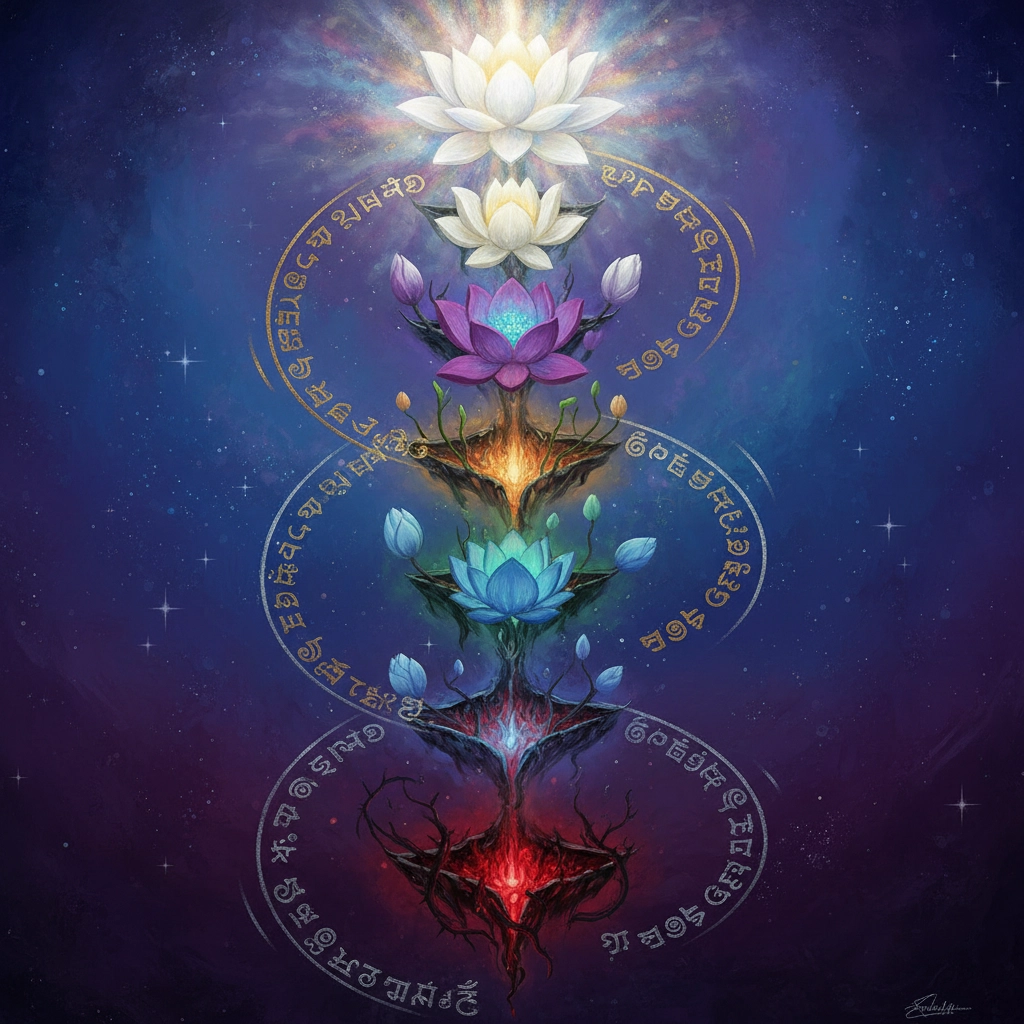
What makes Exu Sete Facadas so relevant in contemporary spiritual practice is his embodiment of authentic transformation. In a world where spiritual bypassing and surface-level positivity often masquerade as genuine spiritual growth, he represents a different path: one that acknowledges darkness not to dwell in it, but to transform it into light.
His story challenges us to look at our own wounds differently. Instead of seeing them as evidence of our weakness or failure, we can begin to understand them as potential sources of wisdom and strength. The betrayals we've suffered, the injustices we've witnessed, the moments when we've been metaphorically stabbed in the back: all of these become raw material for spiritual transformation when approached with the same courage and intensity that Exu Facada embodies.
This doesn't mean glorifying violence or seeking out conflict. Rather, it means understanding that true spiritual power often emerges from our ability to face life's challenges directly, transform our pain into wisdom, and use our experiences to help others navigate similar difficulties.
The legacy of Exu Sete Facadas reminds us that we don't have to be perfect or unscathed to be powerful. Sometimes, our greatest strength lies not in what we've avoided, but in what we've survived and transformed. In a world that often feels full of betrayal and injustice, this ancient spirit offers both protection and a model for authentic spiritual empowerment: one that honors both our humanity and our potential for transformation.
Through his example, we learn that every wound can become a source of wisdom, every betrayal a teacher of discernment, and every ending the beginning of something far more powerful than what came before.
